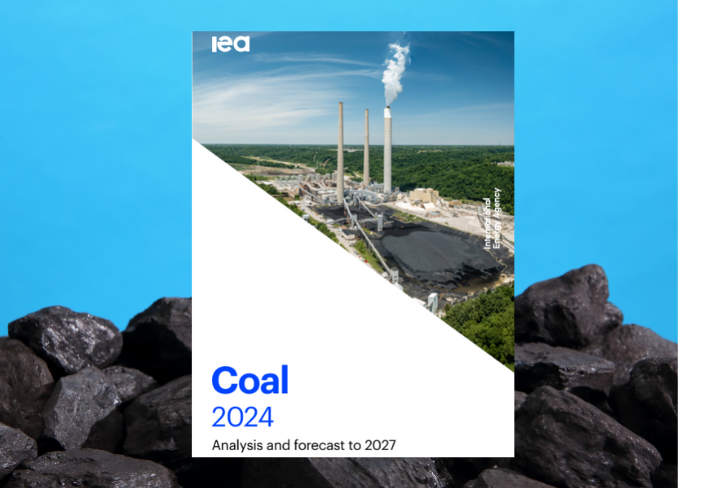
Coals Metamorphosis Showcased in Brazil
Christopher Demetriou
Coals global representative body has told the Brazilian Coal Association that coal is part of the climate change solution, not the problem, and the sooner this is realised, the sooner everyone can get on to the real business of meeting climate change targets.
Speaking in Sao Paulo today, World Coal Association CEO, Michelle Manook, said the global coal alliance was the first to agree that a net zero emissions future cannot be achieved if coal stays the same.
Coal must evolve to meet Paris objectives, and society’s changing needs and expectations. And it is.â€
It can only do that through the adoption of clean coal technologies, particularly Carbon Capture and Storage and Coal to Hydrogen, and the integration of sustainable development operating principles based on the United Nations 2030 Action Agenda on Sustainable Development.â€
Ms Manook said the global energy crisis has elevated coals importance in the energy mix as countries and regions, from Europe to China, have opened their coal fleets to deal with the crisis.
However, some of those countries, especially in Europe, were still stubbornly committed to phase out coal and ploughing on with a strategy to depend entirely on solar and wind power.
As we have witnessed and as you and I know, phasing out one fuel in favour of another does not work, nor has it led to the necessary reductions in emissions.
The answer is simple and clear; we must phase in all technologies and all options to decarbonise fossil fuels and adopt a multi-pronged strategy to develop and support all energy supplies.
The fact of the matter is that up to 99 per cent of coal emissions can be eliminated through abatement technologies and processes which currently exist.â€
Ms Manook said Brazil was an enlightened example of a country where decarbonisation and development were working in tandem.
Brazils energy policies are one of the worlds leading policies as access to electricity across the country is almost universal and renewables meet almost 45 per cent of primary energy demand, making Brazils energy sector one of the least carbon-intensive in the world.
However, Brazil equally recognises that all fuels and all technologies, including fossil fuels, especially coal, will be essential to balancing its Energy Trilemma of energy security, affordability, and reliability.
Ms Manook said renewables alone will not solve our global energy challenges due to its low average load factors and intermittency of output. Added to this is the sheer volume of raw materials and critical minerals needed to manufacture solar and wind capacity. Much of this is derived from coal-based materials and electricity such as steel manufactured in China, which has gone a long way to maintain the competitiveness of renewable technology over the years.
She said by 2050, when Paris climate targets are intended to be met, we will need to home 10 billion people.
Those people will be increasingly living in highly urbanised societies in developing countries. They will need reliable, affordable energy, the first building blocks of modern society. And then comes steel and cement, the fundamentals for urban infrastructure development, a significant amount that will still rely on coal-based methods to make the pace and scale of development fast and achievable.
If we are to achieve our climate ambitions, we must understand that we cannot do this without coal. It is too valuable and important a resource to be removed without a second thought.â€
Ms Manook said the WCA, as a responsible and sustainable global coal alliance, was now in a future- focused transition to prove coals ability to survive and thrive for societies greater benefit.
Through abated technologies and processes, and responsible coal stewardship, coal has a long and sustainable life ahead of it, one which will grow economies, build social capacity, and decarbonise the world, all at the same time.â€


